Saves The Day's Chris Conley talks DIY roots, cult fame and At Your Funeral
Cult hero on 20 years of emo pop punk
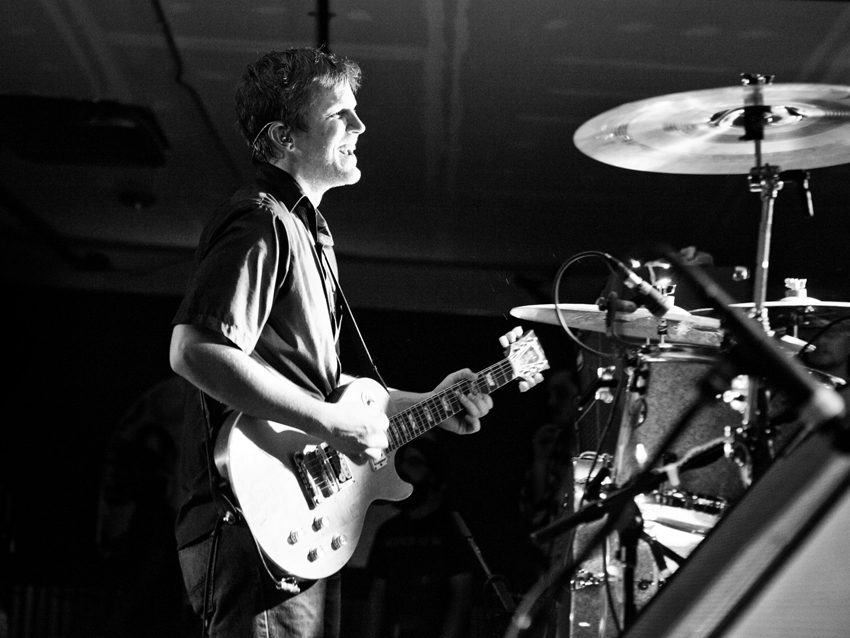
Saves The Day's Chris Conley talks At Your Funeral
It’s difficult to believe that it has been 13 years since Saves The Day released their cult classic emo/pop punk record Stay What You Are.
It’s even more of a stretch to take on board that Chris Conley has been the band’s lynchpin, primary songwriter and frontman for 20 years. We caught up with Conley - the only original member left in the band – while Saves The Day were on the road with Brand New, and talked over two decades as a cult emo hero…
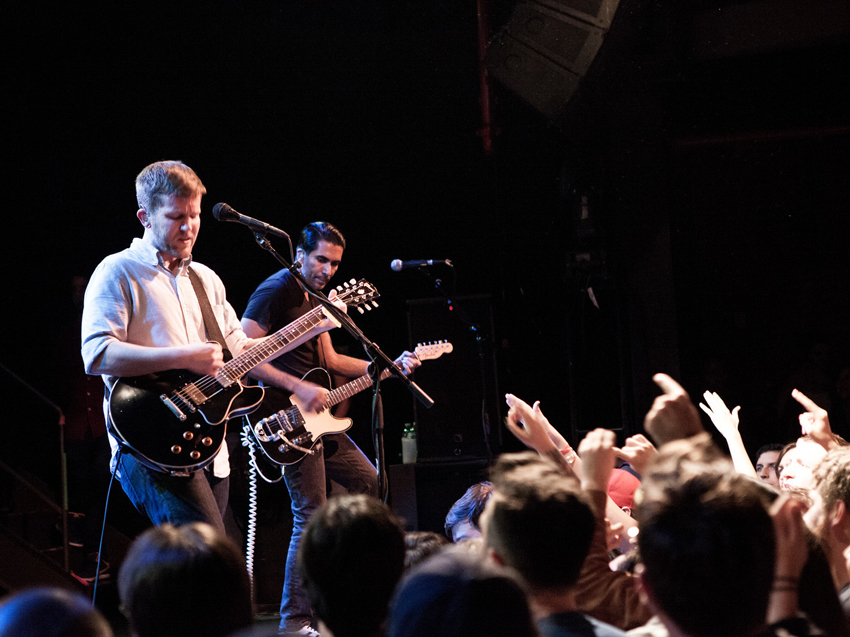
Early days
“I had no goals at all in the early days. I was just a kid with a guitar and I just loved writing songs. I could just do it for fun and it seemed like the whole world outside would go away.
"I had a couple of friends at school that played guitar and drums and they would come in with these tapes that were recordings of them playing Led Zeppelin and Black Sabbath riffs and they didn’t have a singer.
“I thought it was so cool and one weekend they asked me to come play with them. I went and we started playing every weekend. It was the most fun ever. That was 1993. Four years later, after we’d made a series of recordings under different names, we made a demo tape and changed our name to Saves The Day.”
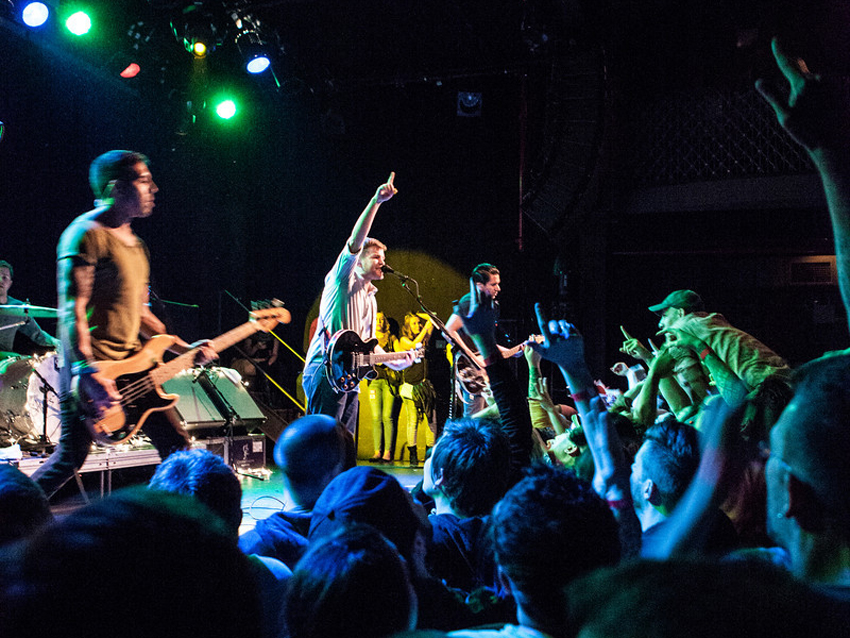
Basement shows
“We were playing in basements all over. Wherever we could find a show in somebody’s basement we would go play it.
"There was no direction, it was all just fun. Our drummer Bryan [Newman] did have ambition though, and he wanted to get signed to an indie label and go on tour.
“He read stories of bands touring the world in a van, playing sweaty hardcore shows and putting out records. Bryan dragged me out of the basement and put me on stage. I was just a kid that wrote the songs, I never dreamed of being the frontman, it just wound up that way because I wrote the tunes. It feels natural now to have wound up here but I still don’t know how it happened.”
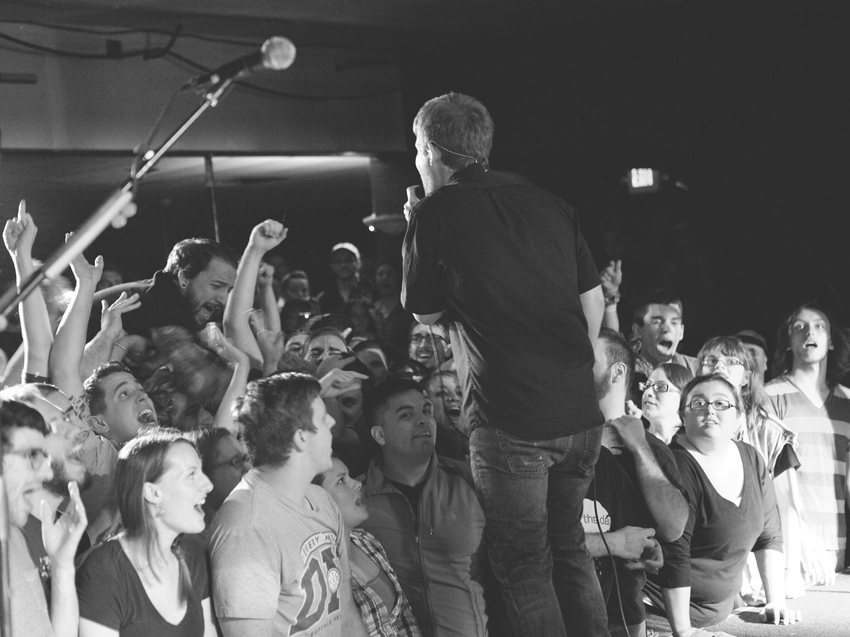
Doing it DIY
“It was very DIY in the early days. We would just play a friend’s basement or a friend of a friend’s place. There were no labels and no money involved, it was just to have a good time.
"We didn’t even know about having people pay $5 to come watch us, it was just, ‘Please, come watch us play.’ Little by little this word of mouth thing happened, all these cool hardcore bands started talking about these little kids that were playing sort of hardcore music but they were singing.
"The label Equal Vision caught wind of it and came to see us play. They called us up and said they wanted to put out our record. We were jumping up and down on the other end of the line.
“In our senior year we had a winter break and went into the studio for eight days and recorded what became Can’t Slow Down. We were lucky that the label were just sweethearts, they knew we were little kids and protected us.”

Early haters
“When we put out our first album in 1997 people were genuinely upset that my voice didn’t sound like it did on the demo.
"I was surprised by that, I didn’t think reactions like that would be part of my every day existence of being in a band, I was just doing it for myself.
“I’ve had to learn how to hold those comments at arm’s length. It’s just people’s opinions, but I’m a human being so I am affected by them, that’s natural. I try not to hear that stuff and our music has just changed on its own.
"What you’re listening to comes into it as well. I might find a tape of The Beatles and then realise, ‘Hey, I actually like the Beatles,’ and then I’ll be on a massive kick of listening to The Beatles and the music evolves as my taste evolves.”
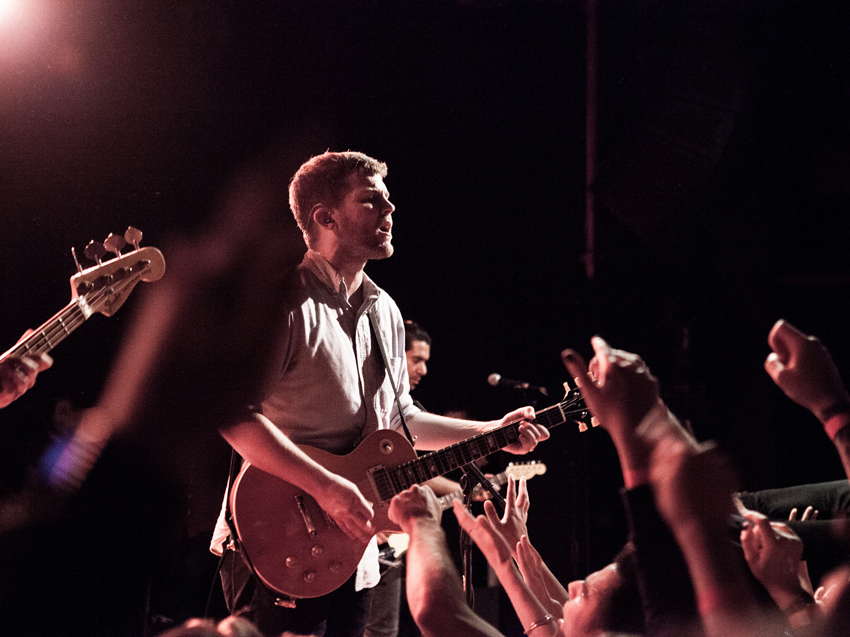
Stay What You Are
“By Stay What You Are I really felt confident and like I knew what I was doing. I started to have a lot more fun writing.
"I had a recording set-up of my own and I would spend the entire day down there building songs in my own little world. We had a lot of momentum and you could feel the shows getting bigger. We went from playing to 25 people on Can’t Slow Down to 400 people on Through Being Cool to 1,000 people on Stay What You Are. That was a total thrill and all of a sudden people were singing along to every word.
“We had no idea [At Your Funeral] would do so well but we could tell that when we played it live people were losing their minds for it. That’s why we made it the single. It was amazing that it was on TV so much, we couldn’t believe it. Then we went on tour with Weezer, Green Day and Blink-182. We played Madison Square Garden, it was wild.”

In Reverie - the difficult follow-up
“I’ve never felt pressure because I don’t do this to be successful. I’m surprised by success. I was just in my little studio working away having a blast.
"Hours would go by before I’d come up for air. Today I don’t think that I’m the guy from Saves The Day, it doesn’t occur to me.
“I have an oblivious nature and I can drift into the music, so I didn’t feel pressure at all. We were still on an independent label at that point because we didn’t want to deal with major labels trying to make us something that we weren’t. We’d been wined and dined by all the major labels but we decided that it wasn’t our scene at the time.”
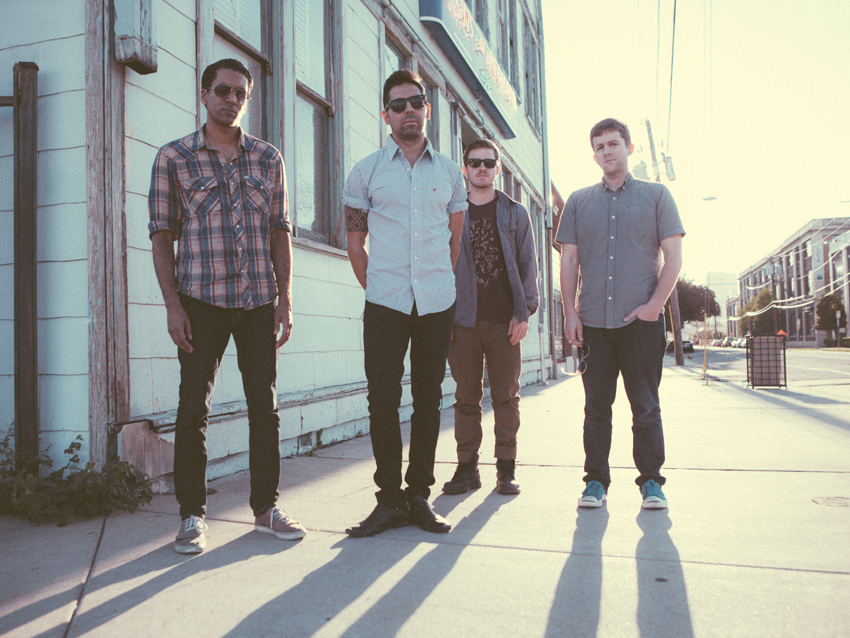
Daybreak
“[The four year gap between 2007’s Under The Boards and 2011 album Daybreak] was interesting. As a songwriter I kept working.
"I was writing the whole time so there was a lot of material backing up. While we were trying to suss out who was going to be in the band and who wasn’t and which label we were going to be with, underneath all of those moving pieces I was still working away with ideas in the studio.
"Once we did finally bring Daybreak to life, when I got back into the studio it was a little bit like I was a kid in a candy store, there were so many ideas to pick from. So I had so much fun with all the music that had backed up. That time allowed the songs on Daybreak to really evolve.”
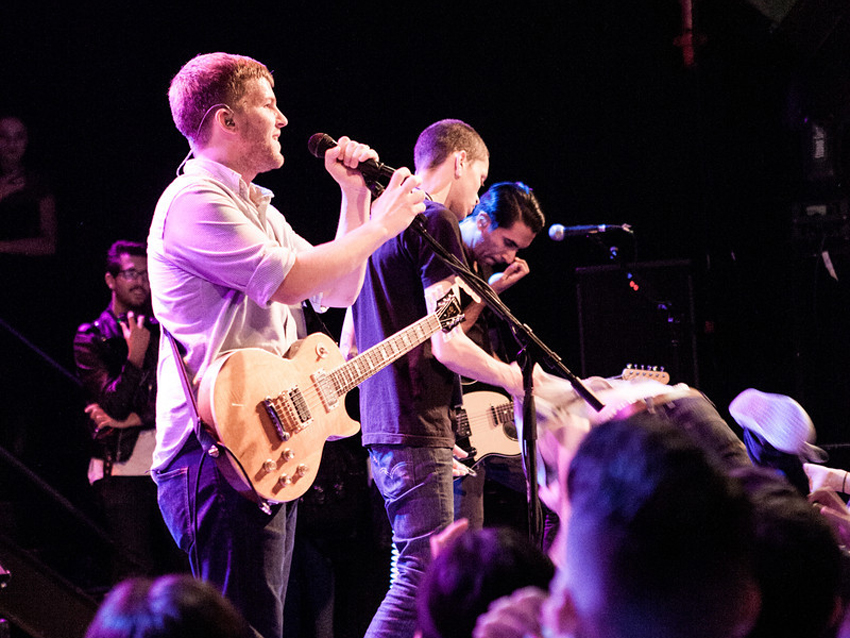
Songwriting
“[The writing process] is out of my control because I just have melodies floating around in my head. Sometimes I can’t go to sleep, I have to get up and work on a song.
"That’s where the majority of the ideas start, just some drifting melody that I pluck out of the background noise in my mind.
“I’ll record it and find the chords for it later and turn it into a song. There are moments when it’s quiet and then there are moments when it’s so loud that it’s almost a nuisance, but I must obey it. I treat it like a higher part of myself that is trying to get me to pay attention.”
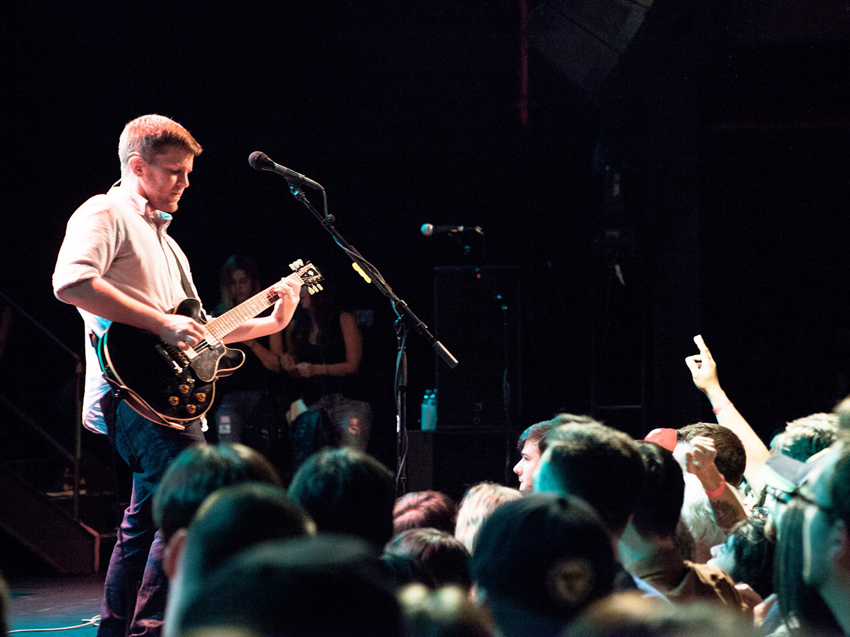
Saves The Day 2014
“My goal now is to keep making records and to keep touring for as long as I can.
We’re out on Warped Tour this summer and after that we’re going to work on some new music, do another tour of the States in winter and when that’s over early next year we’ll start chipping away at the stone of making another album. That’s always my favourite part. Then we’ll wash, rinse, repeat forever and just keep going.”
For more information visit the official Saves The Day website, or connect with the band on Facebook and Twitter.
Rich is a teacher, one time Rhythm staff writer and experienced freelance journalist who has interviewed countless revered musicians, engineers, producers and stars for the our world-leading music making portfolio, including such titles as Rhythm, Total Guitar, Guitarist, Guitar World, and MusicRadar. His victims include such luminaries as Ice T, Mark Guilani and Jamie Oliver (the drumming one).
